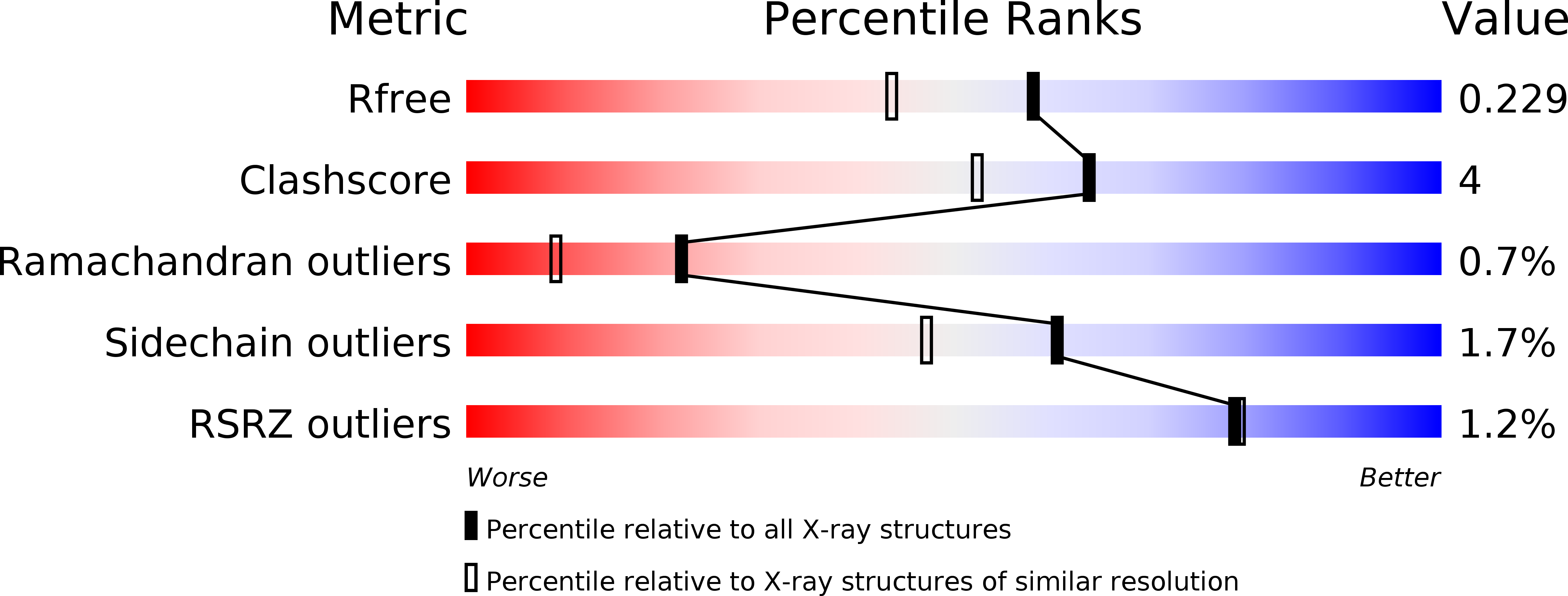
Deposition Date
2019-05-27
Release Date
2020-05-27
Last Version Date
2024-11-06
Entry Detail
PDB ID:
6P4C
Keywords:
Title:
HyHEL10 Fab carrying four heavy chain mutations (HyHEL10-4x): L4F, Y33H, S56N, and Y58F
Biological Source:
Source Organism(s):
Mus musculus (Taxon ID: 10090)
Expression System(s):
Method Details:
Experimental Method:
Resolution:
1.85 Å
R-Value Free:
0.22
R-Value Work:
0.18
R-Value Observed:
0.18
Space Group:
P 1 2 1


